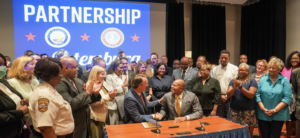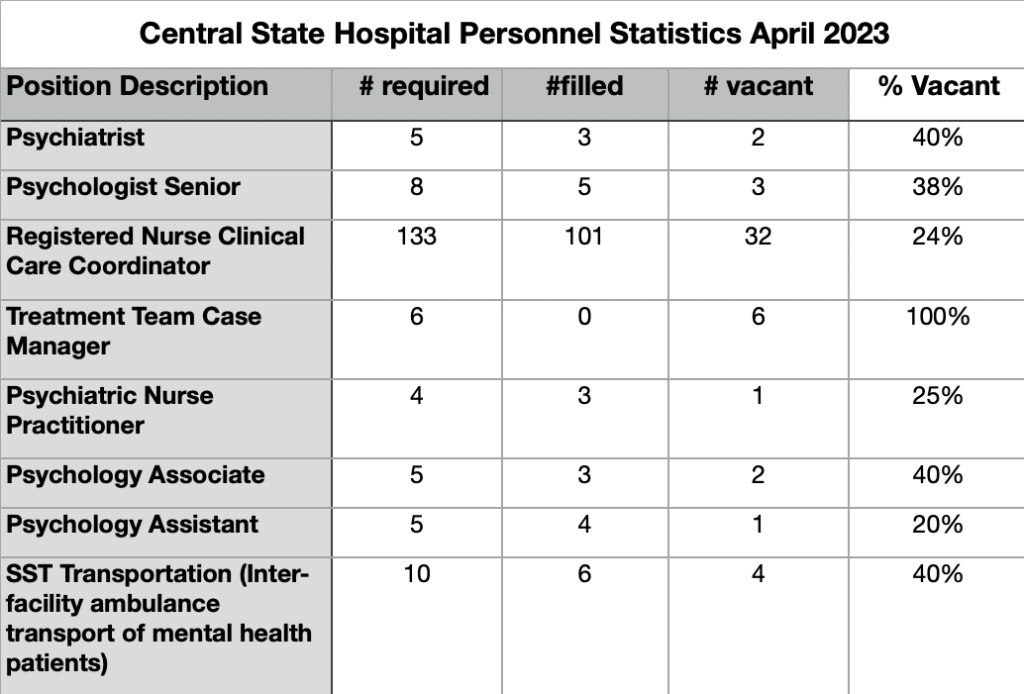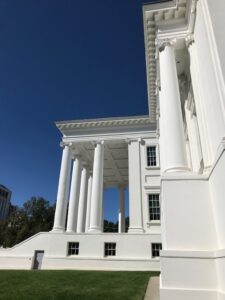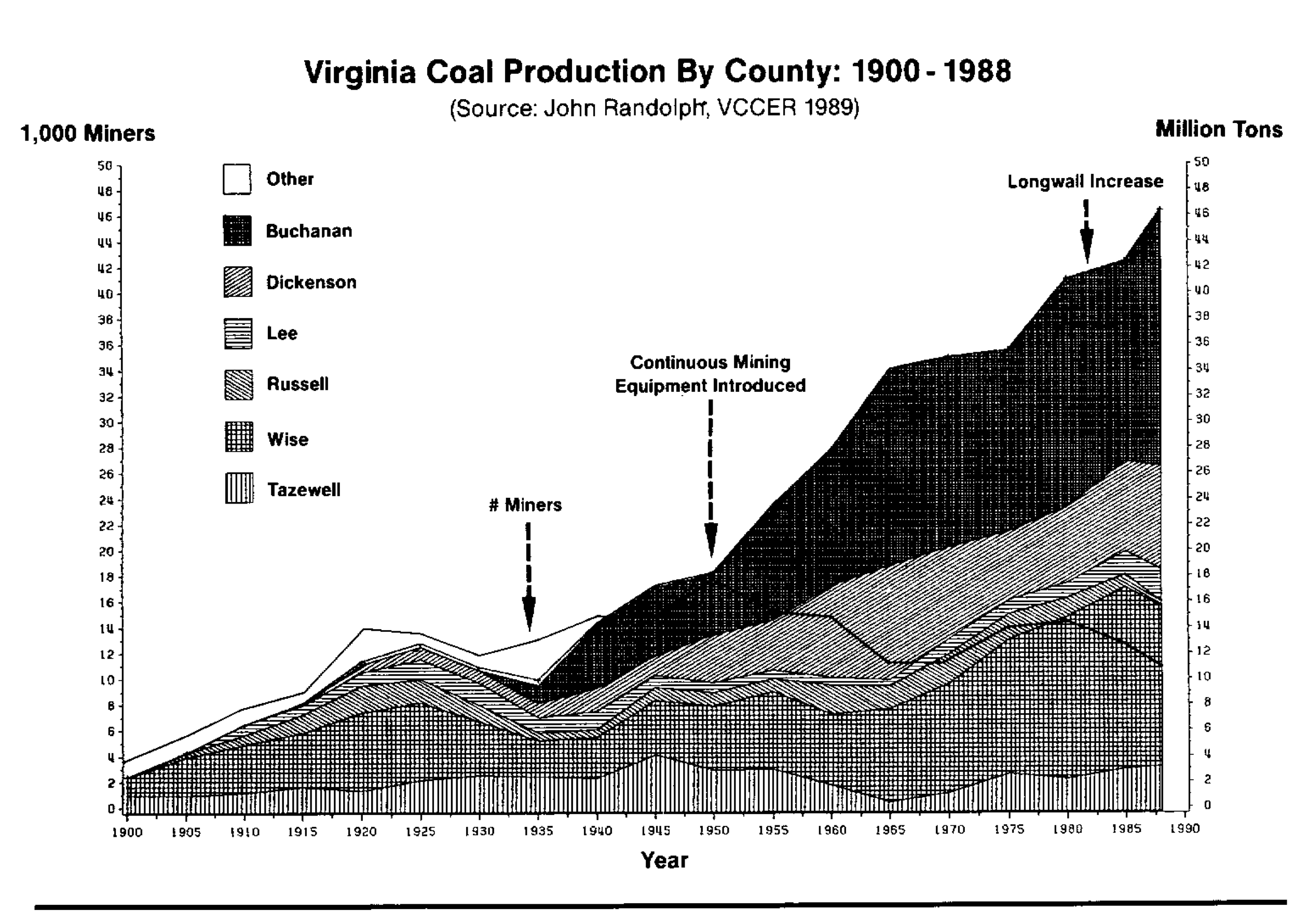by Joe Fitzgerald
There’s a box, and there’s a snowball.
The box is the support of the Bluestone Town Center. It is a well-constructed but beautifully decorated box, built on strong buzzwords. Affordable Housing, and Climate Change, and Dense Development are the shiny wrapping on this gift. The snowball of opposition rolling toward City Hall grows each time a post on social media begins, “I didn’t realize ….” Didn’t realize how big it is, how much traffic, how much impact on the schools, how far from the center of town it is.
The box is being built purposefully. Proponents on the Planning Commission and City Council who have not yet heard the presentation of pros and cons are publicly and privately adding items to the box. Their box is a container for their support of the project, and they will only add those things that bolster their case.
The snowball is built on surprise. With local journalism struggling, people find out in bits and pieces how large the thing is, how many cars and students it will add, how badly proponents have considered flooding, runoff, and blasting.
The box includes support that’s at best half-hearted from city staff. The recommendation from the Community Development staff reads less like approval and more like, “Well, we guess it’s OK.” The City Attorney outlines why the offers to mitigate school impact are illegal under current law and an administrative nightmare if the city changes the law to accommodate them.
The Harrisonburg Redevelopment and Housing Authority (HRHA) and the tax specialists will open their box at the Planning Commission meeting Tuesday, where they will explain how this is the greatest thing since the golf course. The snowball of citizens will attempt to deliver death by a thousand cuts. They don’t have the staff, they don’t have the legal help, and they don’t have elected and appointed officials who’ve already made up their minds. They only have the spirit of those who have throughout our history stood up and told their government it’s wrong.
Opponents have already been described in whispers as NIMBYs, or “not in my back yard.” I live two miles away, so it’s hardly in my back yard. But what if it were? Rezoning requests like this one are required to inform neighbors. The whole idea of zoning is to regulate what is built next to what. Homeowners’ defense of their surroundings should not be subordinate to what a planning commission or HRHA chair thinks is best for them and their neighbors.
As this proposal goes forward, I hope elected and appointed officials will remember that they serve the entire city and not just the preferences of a vocal political minority. For the people we elect and the people they appoint, the whole city is supposed to be their back yard.
Joe Fitzgerald is a former mayor of Harrisonburg. This column is republished with permission from his blog, Still Not Sleeping.






 by Dick Hall-Sizemore
by Dick Hall-Sizemore


